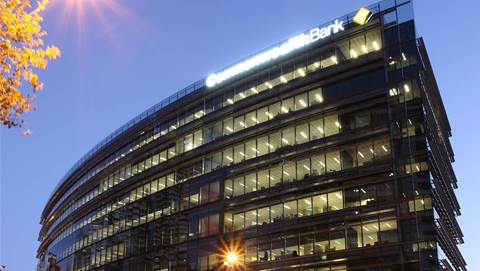Insurance Australia Group (IAG) is using natural language processing technology to predict within days if a damaged car is likely to be too expensive to repair and therefore declared a total loss.
Chief analytics officer Bora Arslan told FST Media’s Future of Financial Services Sydney 2020 conference that the total loss prediction use case is but one of a number of examples where “scaled AI” technology is being applied in its operations.
“We are trying to use AI capabilities to optimise our core business operations, but also we’re trying to create new customer experiences and potentially new businesses with the use of AI,” Arslan said.
In car insurance terms, a damaged car is declared a “total loss” if it would cost more to repair than its actual cash value.
Arslan said that previously it could take many weeks to reach a decision.
“The total loss is not necessarily the most pleasing customer experience unfortunately when it comes to general insurance,” he said.
“We only give our customers two weeks of rental car when they make a claim with a damaged car that needs to be repaired.
“In normal circumstances it takes a lot longer than two weeks for customers to find out that actually their car is not coming back to them. Altogether with the settlement and everything it’s very lengthy.”
Arslan said IAG is now using natural language processing (NLP) technology from an undisclosed vendor to examine materials in the case file and reach a conclusion much faster.
“What we’re doing is using natural language processing to look at the details of the claim lodgement,” Arslan said.
“We’re looking at the dialogues going on between the customer and our agents, we’re collecting a lot of additional information, we’re looking at a lot of additional reports, and we’re using a lot of insights there to determine the likelihood of that claim turning into a total loss.
“With that work we reduced that lengthy process of total loss right now to just a couple of days, and it’s proven very pleasing for our customers.”
Arslan said other internal uses of AI at scale helped determine liability for an incident, or to provide more personalisation when prospective customers seek an insurance quote.
The personalisation engine is developed by Ambiata, a wholly-owned subsidiary of IAG.
In addition, Arslan said another use of AI at scale is “embellishing the robotic process automation (RPA) processes that we have with the use of AI.”
“We’re basically using document recognition to make our RPA work a lot more intelligently and effectively,” he said.
Overall, Arslan said that IAG’s use of machine learning algorithms on its structured data assets is relatively mature.
It is also making ground on the application of similar algorithms to its unstructured data assets as well.
“At IAG, we are actually very mature with our structured data assets in terms of the way that we collect, consolidate and try to consume that data,” Arslan said.
“We are using machine learning very heavily for a lot of operational analytics including pricing and that kind of stuff.
“We are also on our way [to] taking advantage of our unstructured data assets as well. We are doing a lot of stuff with voice and images, and we’re using NLP quite heavily.
“It’s not as mature as the case with our structured data, but we are on our way.”


.png&h=140&w=231&c=1&s=0)

.jpg&h=140&w=231&c=1&s=0)





















